- 74 Mount Street, Heidelberg, VIC, 3084
- Monday to Friday: 9am to 5pm
Hearing Aid Services
-
DWM Audiology > Our Services > Hearing Aid Services
Hearing Aids
Hearing aids are miniaturised amplifying electronic devices, and are part of a hearing rehabilitation program. They require personalised fine-tuning and ongoing maintenance to achieve optimal results.
Our Melbourne-based hearing clinic provides a patient-centred service that is respectful of:
- individual patient preferences
- our patient’s needs
- our patient’s values.
At DWM Audiology, we believe that our patients and their families should be given the necessary information and guidance to make their own hearing aid decisions. We provide advice to current hearing aid users. Despite the rapidly changing improvements in hearing aid technology, too many hearing aids are used infrequently in the wider community, causing people to reach out to us for a second opinion.
We provide advice to medical professionals and are known for successfully fitting hearing aids to patients with complex and challenging audiological conditions.
To ensure our patients obtain a successful hearing aid fitting, we consider the following appointments and services essential:
- A detailed diagnostic hearing loss and communication assessment. This provides realistic hearing aid expectations and enables thorough, personalised hearing aid programming.
- Extensive follow-up Audiological support.
- Ongoing maintenance support
Over the first months, we work closely with you to complete the fine-tuning of your hearing aids. We ensure they are optimally matched to your individual communication and listening requirements. Your adaptation to amplification will be well supported.
Hearing Aid Satisfaction In Our Clinic
Surveying carried out independently of our clinic has allowed us to see how we perform compared to the group average of other participating audiology clinics in Australia.
Our patients consistently provide us with highly positive feedback about:
- the support they are given while they adapt to their hearing aids
- their hearing aid performance
- the expert, personalised fine-tuning they receive
- the ongoing hearing care, maintenance and support we provide.
As a result, our patients consistently wear their hearing aids. We have patients who have been coming to us for many years. Our high quality hearing aid service means that our existing patients recommend their friends and family to our clinic.
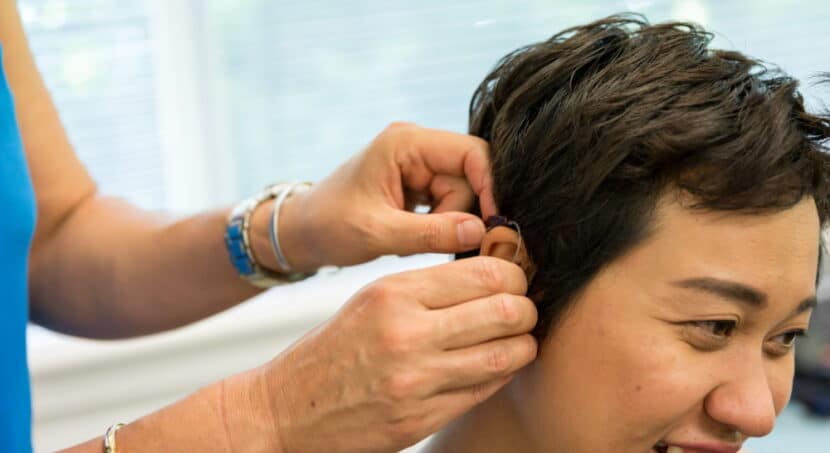
Hearing Aid Services
Our hearing aid services include:
- Hearing assessments to determine whether you need hearing aids.
- Fully independent guidance, choice, and selection of the latest hearing aids. We select hearing and listening devices from all suppliers in Australia. Learn more about choosing hearing aids.
- Hearing aid fitting and expert, personalised hearing aid fine-tuning. Learn more about fitting and fine-tuning hearing aids.
- Support while adapting to amplification. Our approach to hearing aid fitting allows you to be gently eased into the level of amplification required for optimal speech intelligibility. Learn more about adapting to your hearing aids.
- A second opinion to verify if you are receiving optimal results from your current hearing aids. This involves an independent evaluation and fine-tuning of your hearing aids.
- A comprehensive hearing rehabilitation program. This includes as many appointments as needed for 12 months after fitting at no additional cost.
- A comprehensive hearing aid cleaning and maintenance service at no cost. Learn more about cleaning and maintaining your hearing aids.
For more information on our hearing aid services, contact us today.
Ongoing Successful Use of Hearing Aids
We recommend an annual review of your hearing levels to check for any changes in hearing. In this way, adjustments can be made to ensure your hearing aids keep matching your hearing loss. You are encouraged, however, to arrange a hearing assessment at any time if you suspect a change in your hearing has occurred.
A build-up of wax in your ear canals can damage your hearing aids, as well as affect hearing aid performance. An increase in feedback from your hearing aid(s) may indicate that wax removal is required.
You will need to ensure your hearing aids are well maintained.
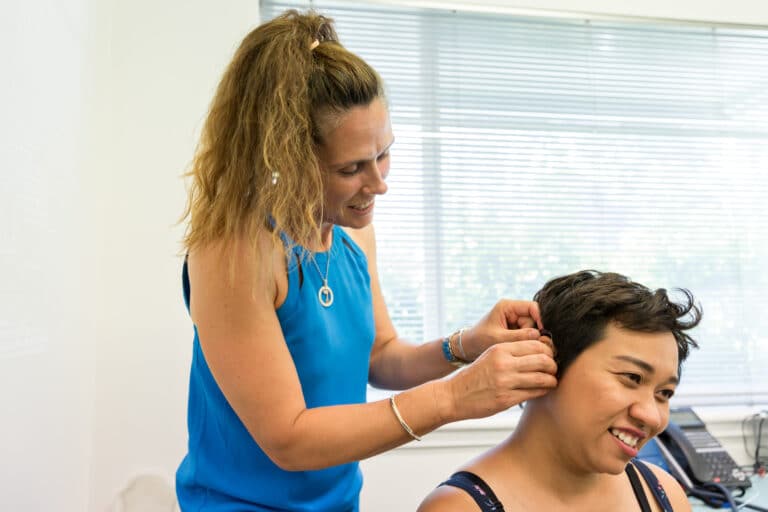
Hearing Aids in Melbourne – Contact Us
Do you think you may need hearing aids or would you like a second opinion on your current hearing device? Get in touch with us today to discuss our hearing aid services.
FAQs
What is a hearing aid?
A hearing aid is a miniaturised amplifying device worn at the ear to assist people with a hearing loss. Hearing aids are part of a hearing rehabilitation program and require personalised fine tuning and ongoing maintenance support to achieve optimal results.
How do hearing aids work?
A hearing aid receives sound through a microphone, which converts the sound waves to electrical signals. These signals are analysed, adjusted and customised by the processing chip and amplified to your level of hearing loss. The amplifier then sends these signals to the ear through a speaker.
Which hearing aid is best for me?
The choice of hearing aid style will be determined by the technology required for your communication needs and level of hearing loss; by your preferences with regard to the appearance and visibility of the hearing aids; by your manual dexterity ability; and by the size and shape of your ears.
The level of technological sophistication should be matched to your communication needs and budget.
Learn more about choosing what hearing aid is right for you.
How much do hearing aids cost?
Hearing aid technology levels are set by the manufacturers to separate hearing aids into different performance and price categories. These differences are largely based on noise processing features – the ability to detect and highlight a dominant speech sound in a noisy environment.
People who rarely communicate in groups or significant levels of background noise may not need a sophisticated and expensive level of hearing aid technology.
There is no Medicare rebate on hearing aids. Eligible patients may be covered under NDIS or under the Hearing Services Program.
Does Medicare cover hearing aids in Australia?
There is no Medicare rebate on hearing aids. Eligible patients may be covered under NDIS or under the Hearing Services Program.
Are hearing aid batteries covered by Medicare?
There is no Medicare rebate on hearing aids or hearing aid maintenance, including batteries. Eligible patients may be covered for hearing aid provision and maintenance under NDIS or under the Hearing Services Program.
Why are hearing aids so expensive?
Hearing aids are highly sophisticated miniaturised devices that adapt to changing auditory environments and highlight a dominant speech sound in a noisy environment. The cost of hearing aids has been attributed to the amount of research and development required by the manufacturers to constantly improve their function and performance.
Hearing aid prices vary from clinic to clinic depending on the ongoing support and service included in the cost. We consider extensive follow-up Audiological support essential for a successful outcome. This allows us to support your adaptation to amplification and complete the fine-tuning of your hearing aids, so they are optimally matched to your individual communication and listening requirements.
Are cheap hearing aids worth buying?
We would not recommend purchasing hearing aids without follow up Audiological service being included in the cost. It can be difficult to know when or even if this is needed, if it is not being offered or made readily available.
Can a hearing aid stop tinnitus?
If you have a hearing loss, then hearing aids will be effective in both the management of your hearing loss and your tinnitus.
Hearing aids, by amplifying external sounds around you, will result in your internal noise, or tinnitus, becoming less noticeable.
How often do you have to replace a hearing aid?
The average life of a hearing aid across the industry is about 5 years. With careful at-home maintenance and the maintenance support provided by our clinic, many of our clients are able to get longer with a life of 7+ years quite common.
What happens if hearing aids get wet?
Hearing aids are vulnerable to damage from moisture and need to be removed before having a shower, a bath, a swim or at the hairdressers. If they get wet, dry them carefully.
Our vacuum suction cleaning device at the reception counter draws moisture from hearing aids and may be able to restore them. You will need to arrange a repair if they are not functioning.
How often should a hearing aid be cleaned?
Every time you remove your hearing aid/mould/dome from your ear, you will need to wipe off any wax/debris with a tissue.
For fully behind-the-ear hearing aids, you will need to clean the output hole in your ear mould/dome to keep it unblocked and clean the tubing as needed with your whisker. Remove wax or debris from the air vent (if present) in your ear mould using the tool provided.
Learn more about everyday hearing aid maintenance.
Can wearing a hearing aid make your hearing worse?
As you “normalise” to the amplification provided by your hearing aids, you will become more reliant on your hearing aids and find it more difficult to cope without them.
Don’t worry about this – it doesn’t mean that your hearing has got worse or “lazy” – it simply means that the bar has been raised with regards to improved hearing. You have got used to hearing better and have got out of the habit of concentrating hard to compensate for your hearing loss.
Your hearing aids are now doing all this work for you – the job they are designed to do!
Book an Appointment
Our Services
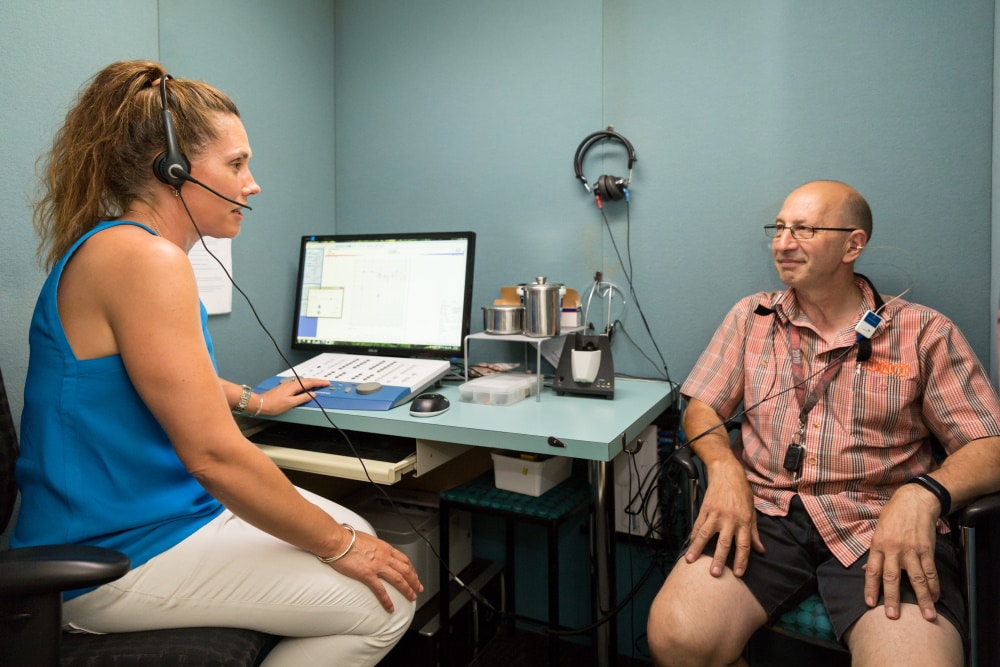
Hearing Tests for Adults
A reduced capacity to communicate has a significant impact on relationships, career opportunities, social connection, independent living and quality of life.
Read More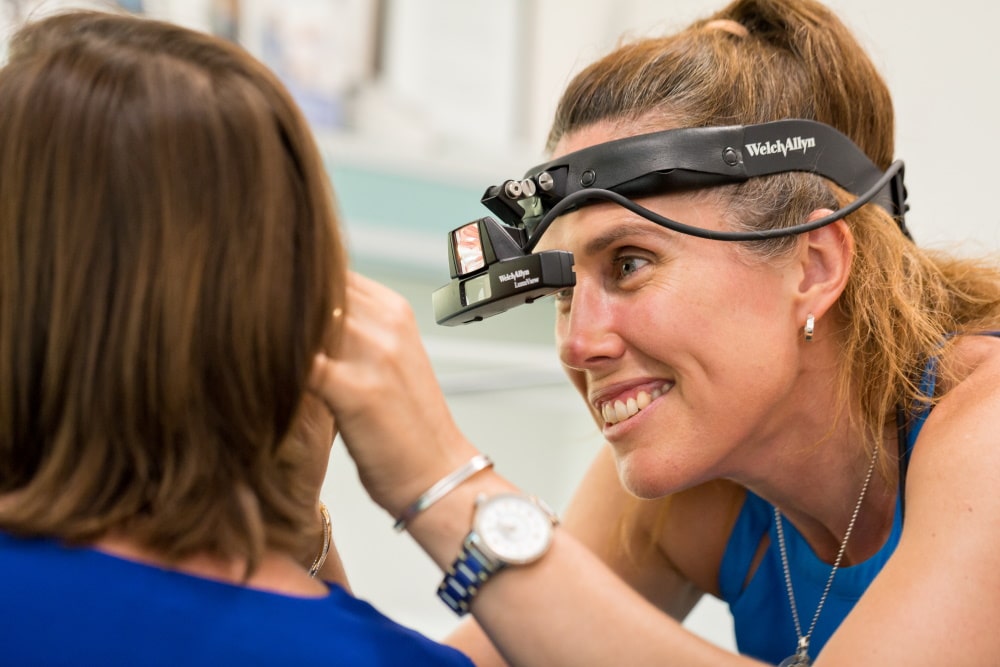
Do I Need A Hearing Aid?
We carry out a range of hearing tests that help determine whether you need a hearing aid.
Read More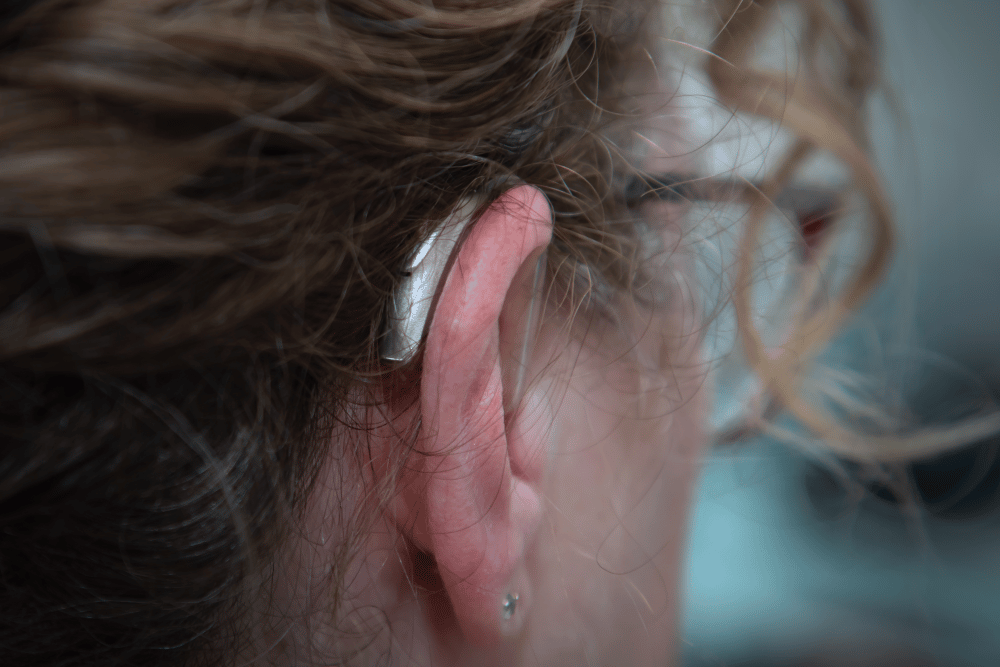
Choosing Hearing Aids
Hearing aids are available in three styles; BTE, RIC or are fully contained in the ear.
Read More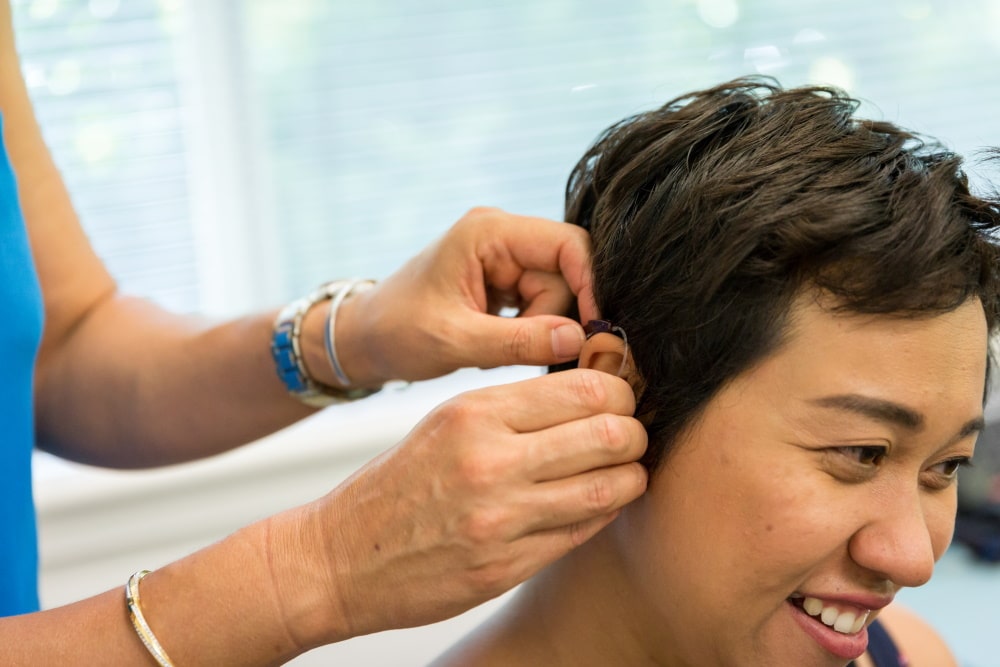
Getting Used To Hearing Aids
With new hearing aids your concept of “normal” hearing will need to be relearnt.
Read More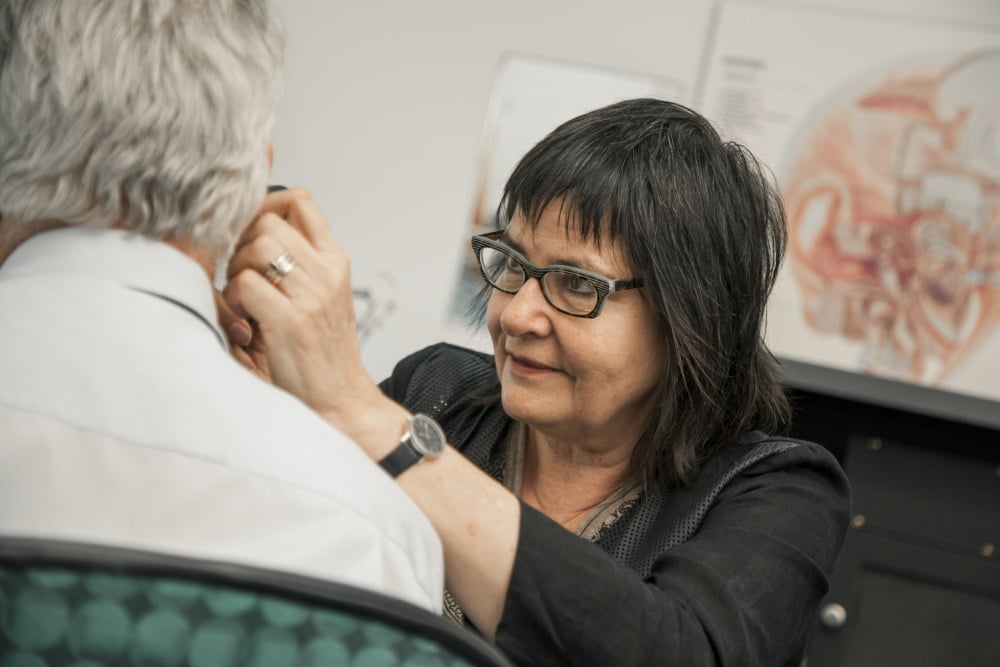
Fine-Tuning Hearing Aids
We have extensive training, experience and expertise in fine-tuning contemporary hearing aids to individual communication needs.
Read More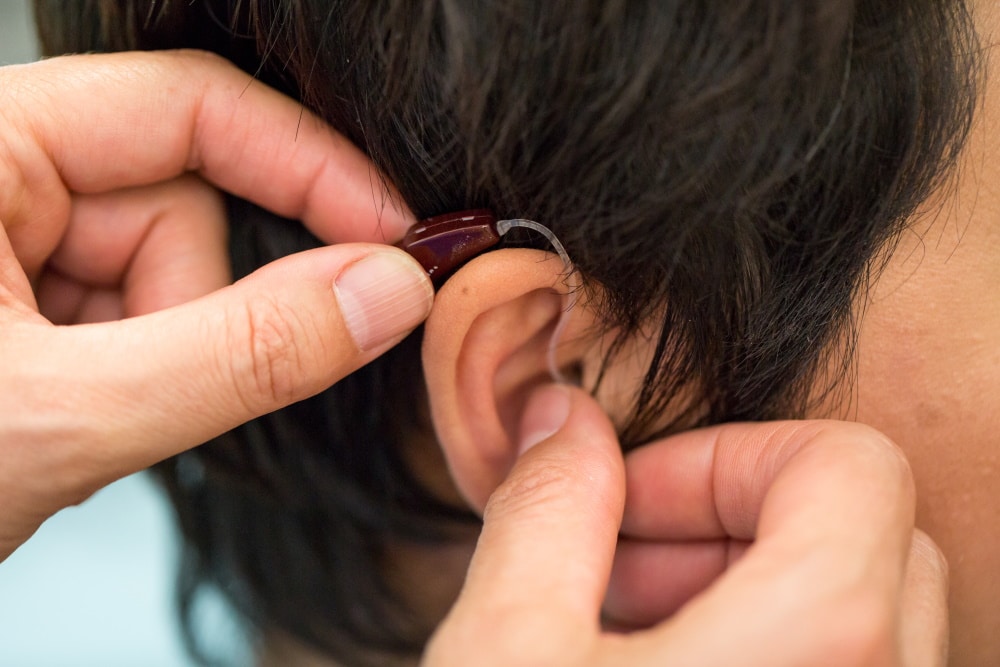
Hearing Aid Fittings
Your fitting package will include an instruction booklet and the accessories needed for maintenance and dehumidification
Read More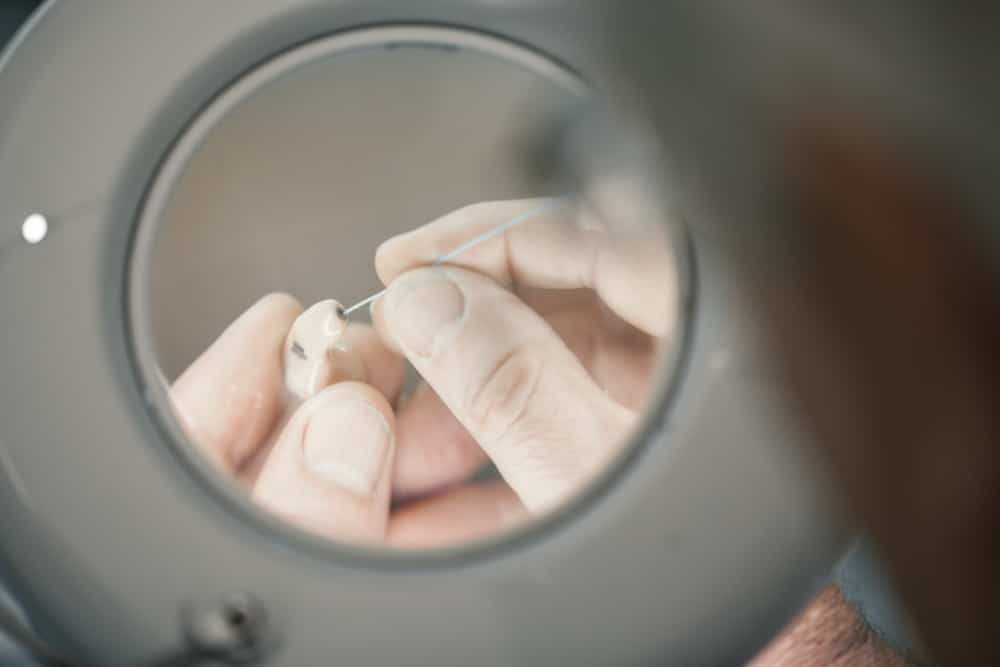
Hearing Aid Maintenance
To minimise the need for repairs and to preserve the life of your hearing aids, regular and thorough maintenance is essential.
Read More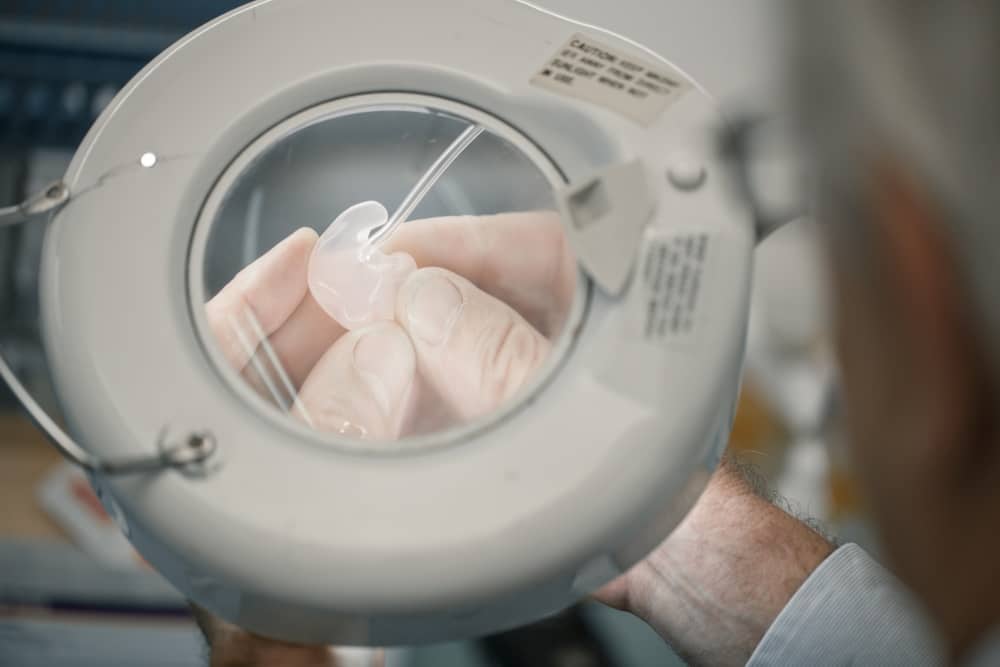
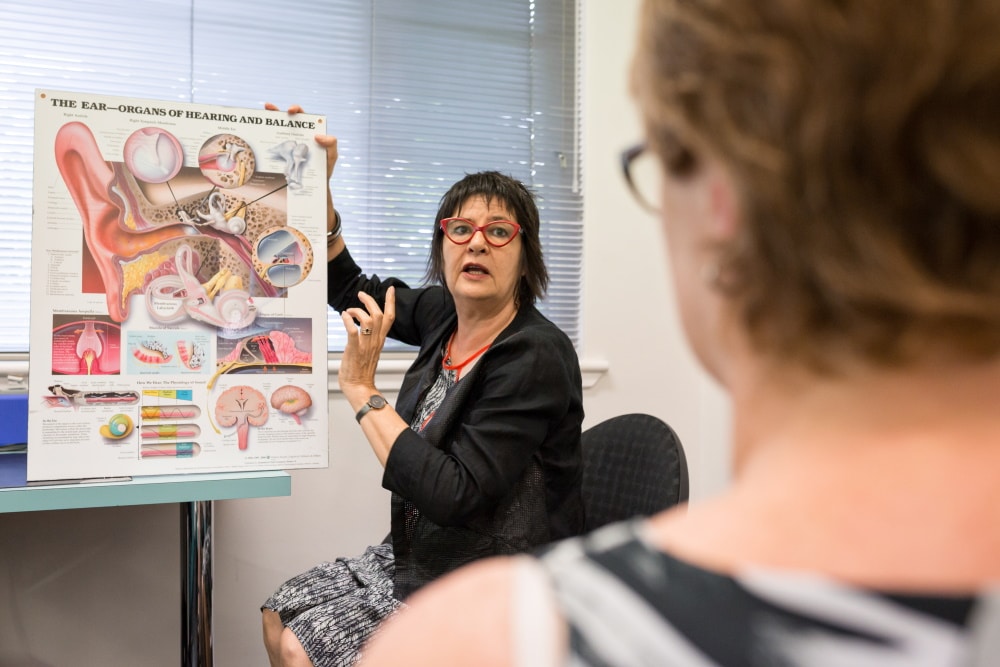
Hyperacusis & Misophonia
Both conditions have the potential to escalate, so that an increasing range of sounds become intolerable.
Read More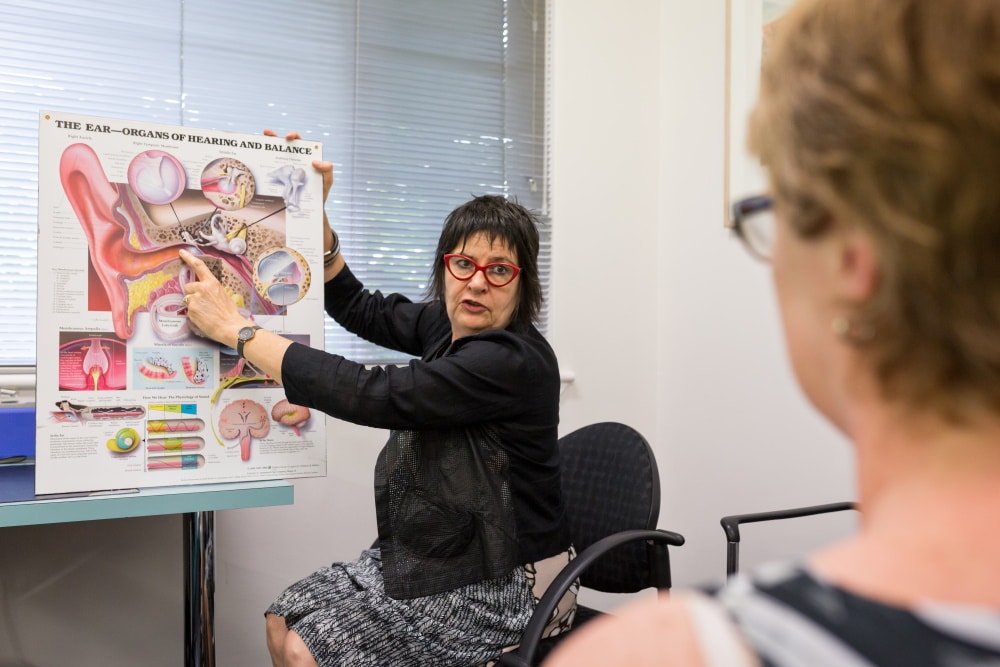

Misophonia
Misophonia is a strongly aversive response or abnormal sensitivity to certain specific sounds
Read More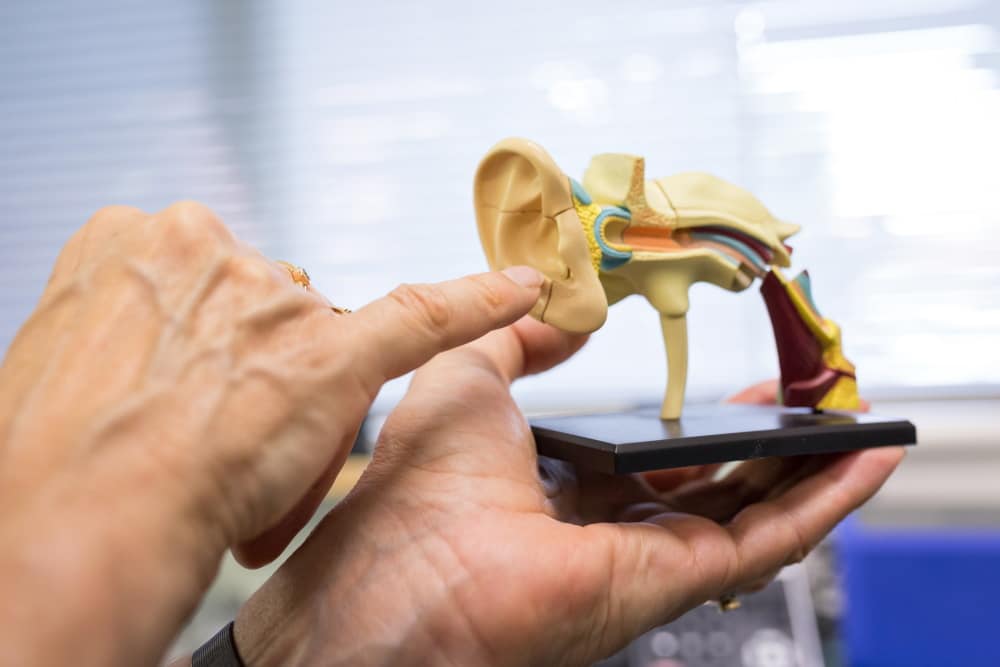
Tinnitus
Tinnitus is the term used to describe hearing any sounds which are not present externally.
Read More
Acoustic Shock
Acoustic shock is an involuntary fright/psychological trauma reaction to sudden, loud noises.
Read More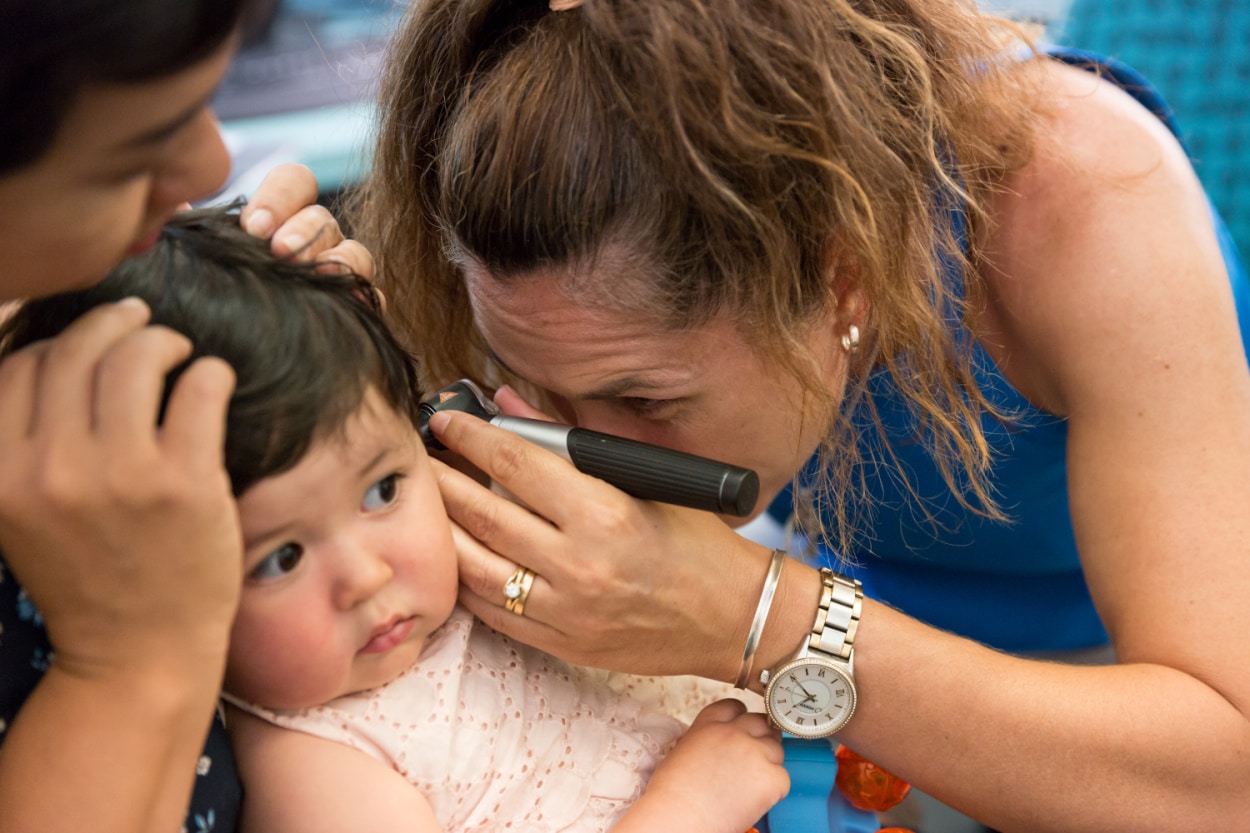
Hearing Tests for Kids
Hearing difficulties in school age children are known to have a significant impact on their social, behavioural and academic growth.
Read More
